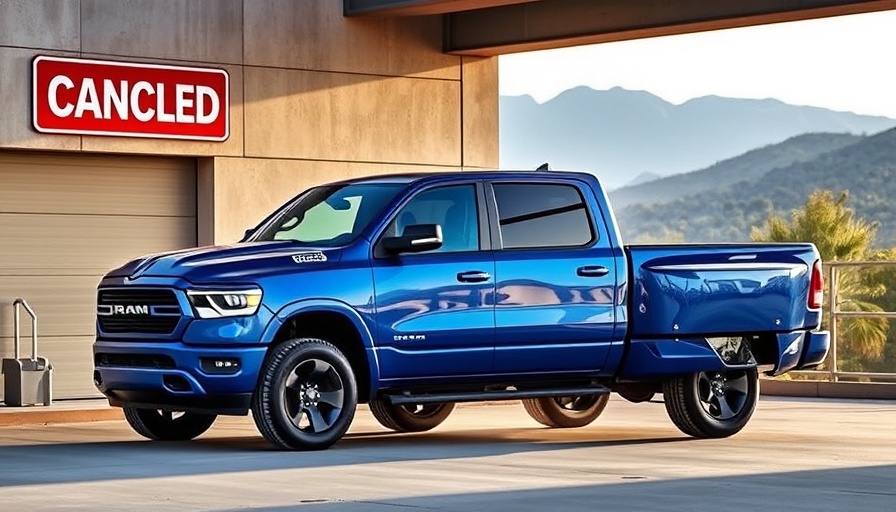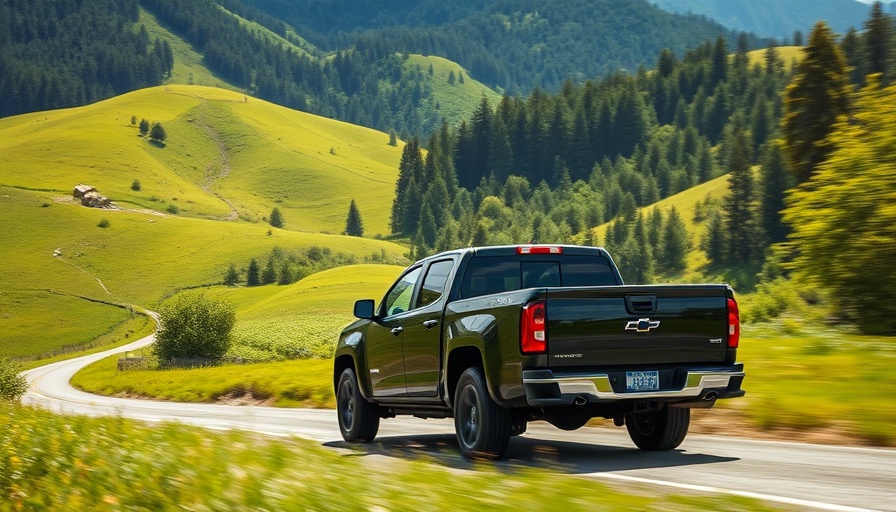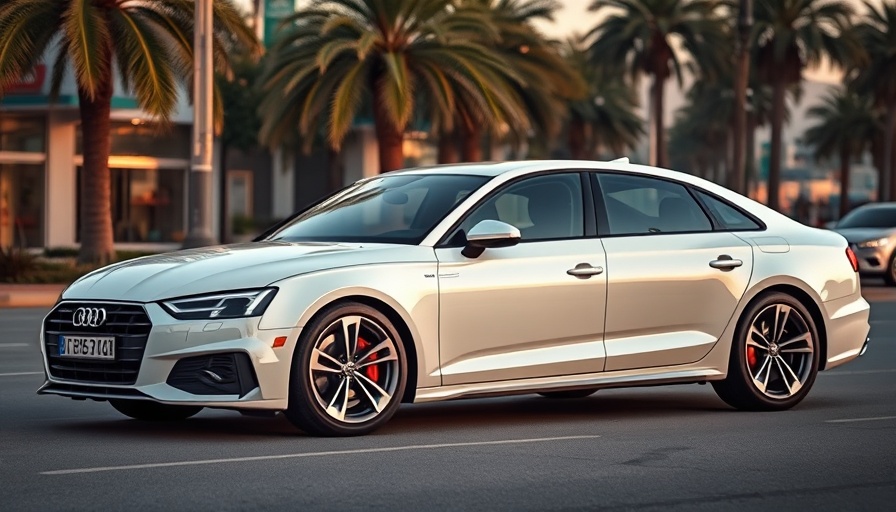
The Future of Electric Pickups: What Ram's Decision Means
In recent weeks, the automotive world has stirred with news regarding the Ram 1500 REV, the brand's highly-anticipated electric pickup truck. With promises of a long-range version capable of traveling 500 miles on a single charge, expectations were high. However, a leaked memo has confirmed that this version has been canceled, leaving many to wonder about the implications for consumers and the automotive industry.
The Cancellation: A Strategic Move?
According to sources, the decision to cancel the long-range model of the Ram 1500 REV stems from a strategic pivot within Stellantis, the company that oversees Ram. The memo to suppliers has reportedly advised them to halt work on the planned larger battery pack, which would have cost as much as $26,000. This hefty price tag could impact retail pricing significantly, making the truck less appealing to potential buyers. Such financial considerations may play a pivotal role in the future feasibility of electric vehicles in the competitive truck market.
Delay in Electrification: What’s Next for Ram?
With the cancellation of the long-range REV, Ram will focus on making its standard-range electric pickup available, which aligns with its current production capabilities. Planned to ride on the STLA Large platform, the short-range 1500 REV still holds potential, as the infrastructure for a better battery pack remains intact. In a fast-evolving electric vehicle (EV) market, Ram must navigate these changes carefully, as positive consumer perception hinges on their commitment to electrification.
Industry Implications: A Reflection of Market Trends
This decision echoes broader trends within the automotive sector, wherein manufacturers are reevaluating their electric vehicle programs amidst uncertain market conditions. As the push for sustainability accelerates, Ram's cancellation may highlight challenges faced by established brands attempting to transition to an electric future. The emphasis now seems to be shifting towards hybrid models, as seen with the Ramcharger plug-in hybrid project that aims to launch before the electric pickup in 2026. This pivot may indicate that consumers are not quite ready for a full EV commitment, especially in the truck market.
Consumer Expectations: Balancing Features and Affordability
For dealership principals and general managers, understanding consumer expectations is crucial. As the market continues to embrace electric vehicles, buyers are keen on features like long-range capability, affordability, and performance. The cancellation of the 500-mile range may disappoint potential buyers who are looking for powerful, reliable trucks that meet both utility and sustainability needs. Without a competitive long-range option, Ram may risk losing market share to rivals who are capitalizing on consumer interest in EVs.
The Road Ahead: Opportunities for Innovation
While the announcement presents challenges, it also offers opportunities for Ram and the automotive industry at large. The existing infrastructure for the standard REV could pave the way for ongoing innovations in future electric models. As manufacturers explore advances in battery technology, there remains hope that the desires of truck enthusiasts for higher ranges can be met down the line.
In conclusion, while the cancellation of the 500-mile Ram 1500 REV presents immediate challenges, it also provides insight into the complex dynamics of the automotive market. The focus on developing viable electric models will undoubtedly shape both consumer expectations and future offerings.
 Add Row
Add Row  Add
Add 




Write A Comment